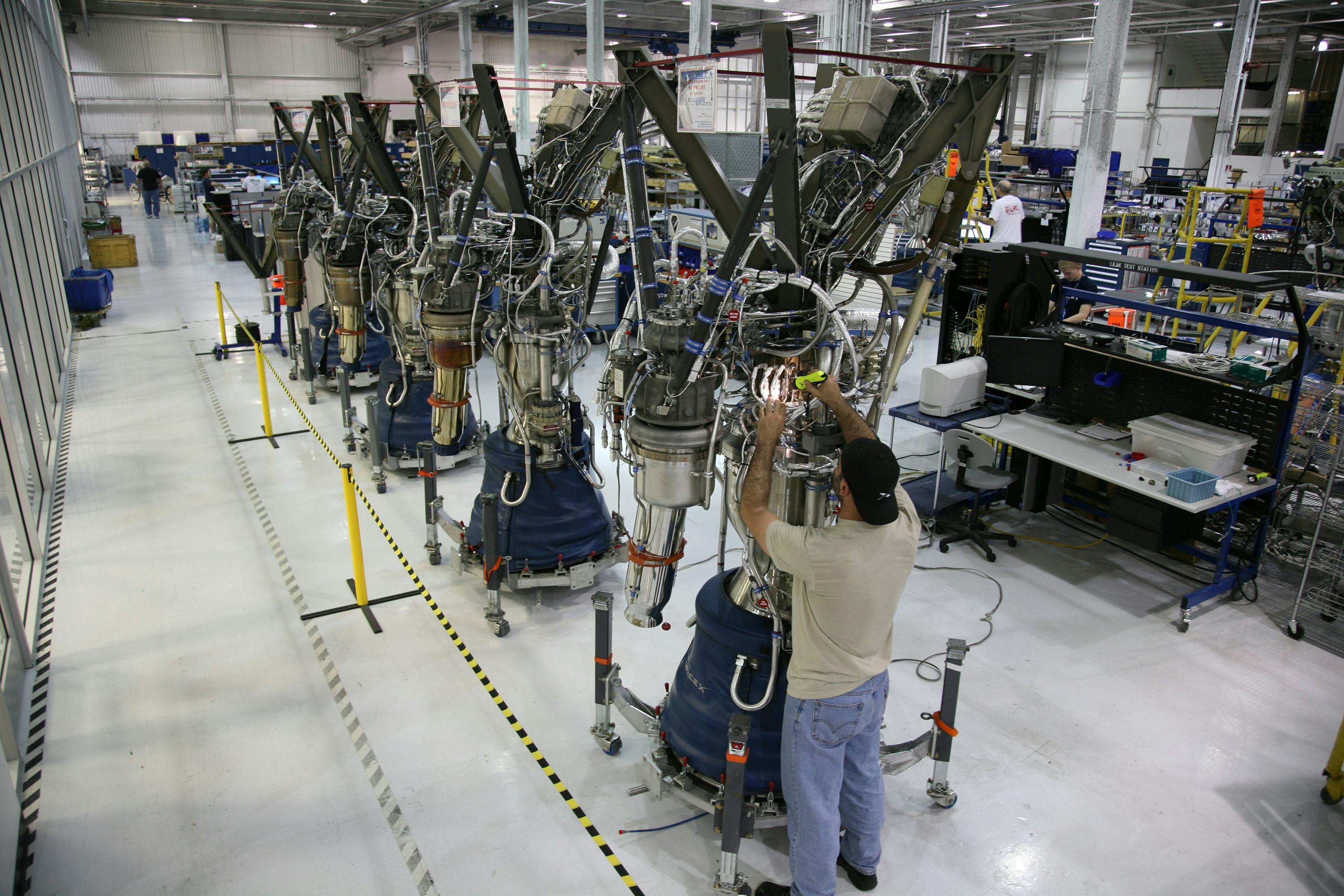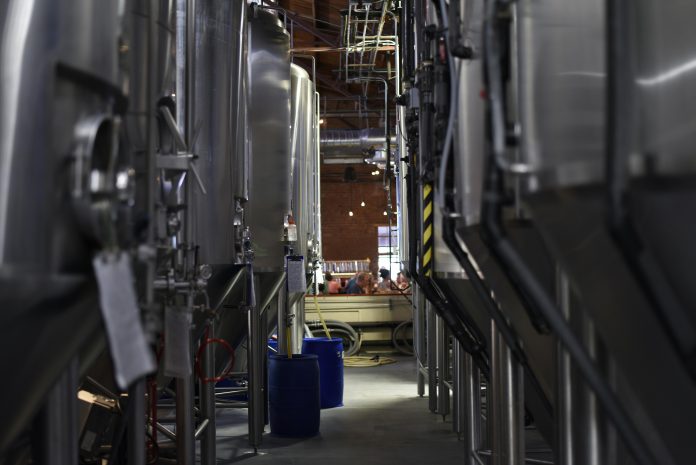In the dynamic environment of manufacturing and metal fabrication today, the efficiency of logistics is paramount for the uninterrupted and successful execution of operations. This wide-ranging domain covers everything from managing the supply chain and transport to overseeing inventory and storage solutions. Facing distinct obstacles, such as the transportation of large and weighty items, securing materials on schedule, and adjusting to varying market demands, mastering logistics is indispensable, providing a substantial edge in competitiveness. A recent Deloitte study report illuminated that construction spending in the manufacturing sector surged to $201 billion by July 2023, an impressive increase of 70% from the previous year, signifying an increase in demand and growth within these fields.
This figure not only demonstrates the vigorous expansion of the manufacturing realm but also highlights the escalating complexity and requirements imposed on logistics operations. Delving into the specifics of logistics within manufacturing and metal fabrication is crucial for grasping its elements, obstacles, technological progressions, and prospective directions, ensuring effective navigation through this multifaceted territory.
Logistics: The Backbone of Manufacturing and Metal Fabrication
Within the spheres of manufacturing and metal fabrication, logistics acts as a fundamental support system, ensuring the efficient transit of materials and goods from suppliers, through the production process, to the consumers. This unbroken chain is vital for adhering to production timelines, minimizing expenditure, and guaranteeing timely delivery. Logistics in these sectors also includes the oversight of raw materials, in-process items, and the final products, necessitating detailed coordination to keep production lines operational and meet delivery commitments without delay or surplus inventory buildup.
Technological Evolution and Its Influence on Logistics
The landscape of logistics within manufacturing and metal fabrication is transforming due to technological innovation. Groundbreaking developments like the Internet of Things, artificial intelligence, and blockchain are refining inventory control, enabling live tracking of transport, and enhancing visibility across the supply chain.
Particularly, the incorporation of sheet metal prototyping into manufacturing workflows illustrates how technological progress can streamline product development, facilitating swift alterations and refinements of designs before mass production. These advancements foster more streamlined operations, diminish costs, and support more informed decision-making, leading to tougher and more adaptable logistics frameworks.
Sheet metal prototyping, for instance, revolutionizes product design in manufacturing, permitting expedited iterations and changes, thus reducing the resources and time traditionally required for prototype development. Leveraging advanced techniques like laser cutting and 3D CAD modeling enables the creation of detailed prototypes that accurately represent the final items, boosting the overall productivity of the manufacturing process and logistics network. This not only quickens the pace of product development but also significantly cuts down waste, allowing for adjustments to be made in the design stage well before the start of bulk production.
Essential Aspects of Effective Logistics Management
In manufacturing and metal fabrication, the essence of proficient logistics management lies in several pivotal aspects. Managing inventory ensures the availability of necessary materials and finished products at ideal levels to satisfy production demands without immobilizing excessive funds in stock. Choosing the most efficient and economical transport methods, whether by road, rail, sea, or air, is crucial, taking into account speed, cost, and the nature of the freight. The role of warehousing and storage is crucial in maintaining the integrity of materials and products, simplifying access for production or shipping, and maximizing logistical and space efficiency.
Logistical Hurdles in Manufacturing and Metal Fabrication
These sectors are confronted with specific logistical hurdles, including the transportation and handling of bulky or oversized objects, navigating supply chain variability, and preserving the condition and quality of goods in transit. Addressing these challenges demands innovative logistical solutions, customized to meet the particular needs of the products and industry, underscoring the necessity for adaptable and specialized logistics planning and execution skills.
Advancing Green Logistic Initiatives
The shift toward green logistic operations is escalating, fueled by the urgency to address ecological imperatives and a growing consumer inclination towards sustainably produced goods. Initiatives aimed at curtailing carbon emissions through the refinement of logistic networks for heightened fuel economy, the adoption of energy-efficient fixtures and apparatus within storage facilities, and the selection of environmentally-conscious packaging materials are at the forefront of this movement. Such strategic implementations not only champion the cause of environmental stewardship but also pave the way for financial efficiencies and elevate the stature of businesses in the eyes of sustainable consumers.
Prospective Directions in Logistics for Manufacturing and Metal Fabrication
Anticipated future developments in logistics for these industries include heightened automation, the integration of 3D printing into production workflows, and the use of drones for direct-to-consumer deliveries. Such trends promise to further elevate efficiency, shorten lead times, and broaden customization opportunities for customers. Companies that are quick to adapt and continuously refine their logistics strategies will remain competitive and successful.

Conclusion
The indispensability of logistics in the manufacturing and metal fabrication sectors is undeniable, influencing every aspect from production efficiency to customer contentment. As these fields evolve with advancements in technology and a shift towards sustainability, companies must remain flexible and innovative in their logistics approaches. Grasping the role of logistics, its challenges, and forthcoming trends is vital for anyone aiming to excel in these areas. The capacity to adjust and innovate in logistics is a decisive factor in a company’s prosperity, positioning it as a captivating and essential focus for business strategy today.







